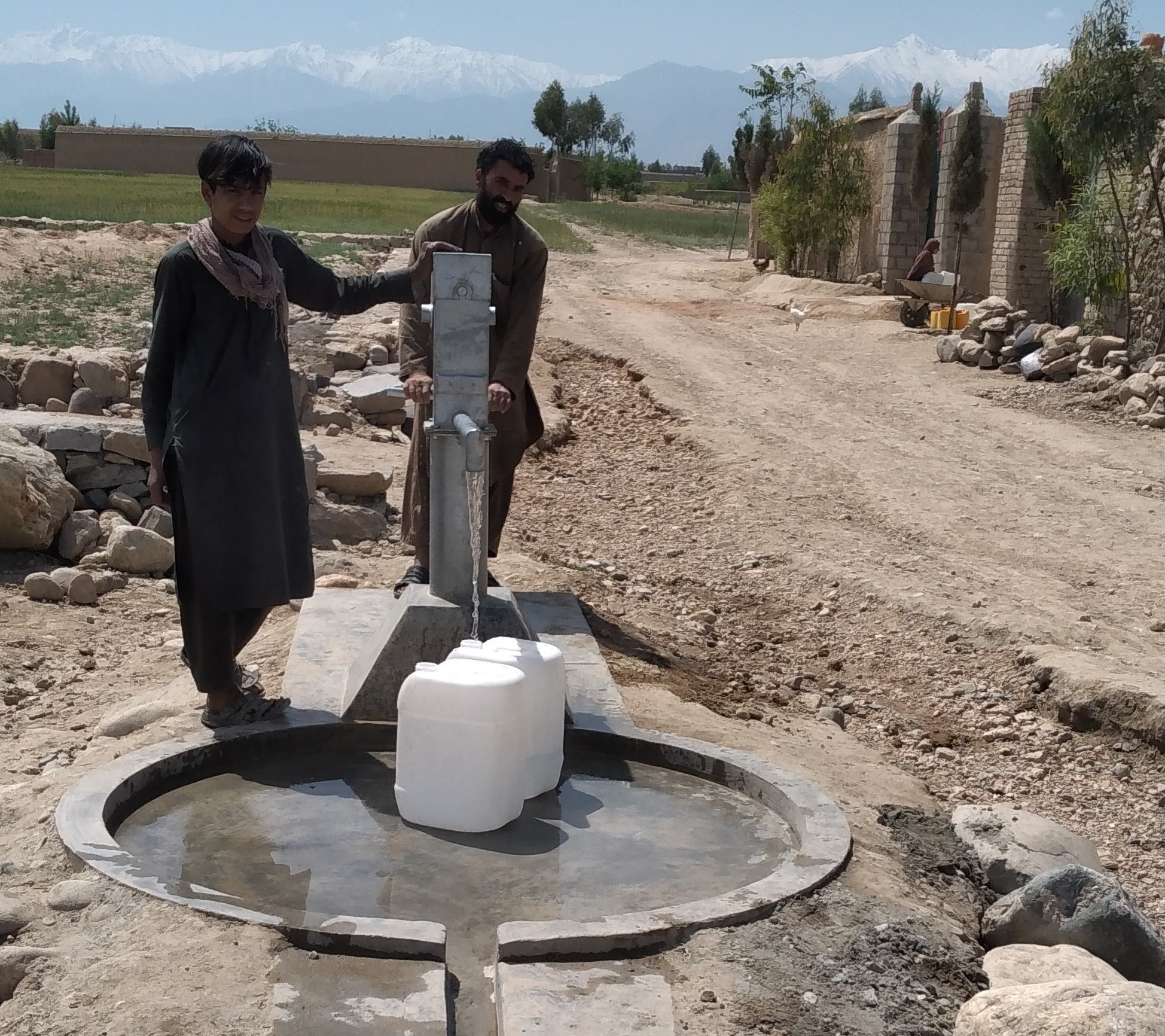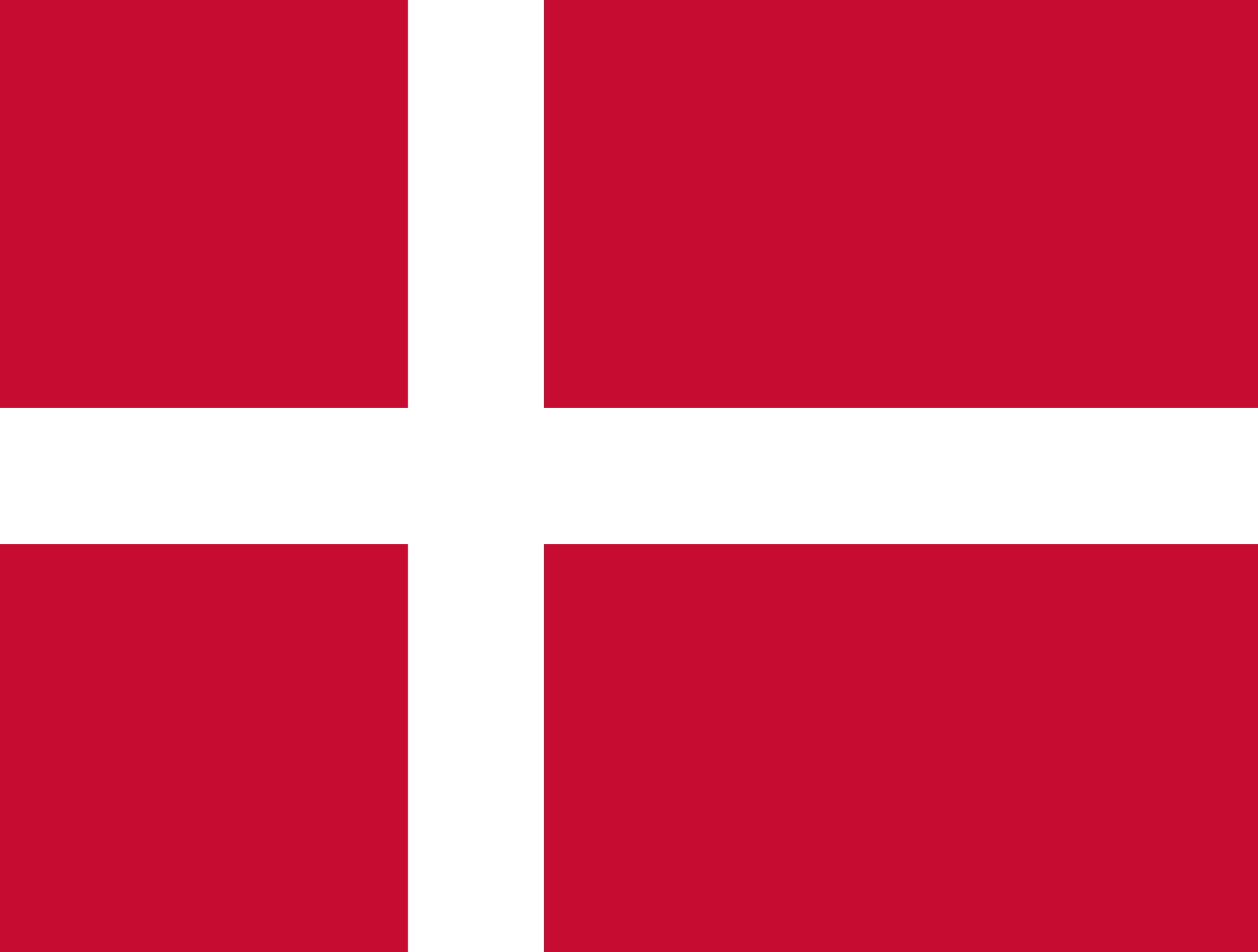Conflict and drought-affected people in Herat provided with humanitarian WASH needs

Recent conflicts in Afghanistan and in the meantime prolonged drought mostly in the north and western regions have forced many people to leave their homes and become displaced within or outside the country. The internally displaced people (IDPs) are in dire need of humanitarian assistance primarily health facilities.
One village currently hosting a large number of IDPs is the Urdubagh village in the Guzara district of Herat province. The IDPs in the village and the host community had no access to a clean water source and had to use unsafe drinking water, leading to diseases, particularly among children. On the other hand, they had to fetch water from far distances, facing many challenges.
Abdul Wahid, 51, a resident of Urdubagh village, says that the villagers and IDPs were not aware of hygiene messages and did not know the importance of safe drinking water and its effects on infectious diseases, hence in the past, they bore high expenses for the treatment of diseases.
“We did not have access to safe drinking water and it took hours to fetch clean water from other villages. But after the implementation of DACAAR`s project, all challenges are resolved and we have received hygiene messages and kits.” Abdul Wahid explained.
With funding from Afghanistan Humanitarian Fund (AHF), DACAAR implemented an Emergency WASH assistance in Nangarhar, Kunar, Farah, and Herat provinces. The project aimed to respond to the WASH emergency humanitarian needs of people affected by drought and conflicts.
From April to September 2022, the project provided WASH assistance to over 51,000 affected people including host communities and IDPs in mentioned provinces through the rehabilitation of non-functional wells, construction of new safe water sources, chlorination of unprotected wells, establishment of handwashing facilities, and setting up of water surveillance early warning systems in drought-affected provinces. In addition, the DACAAR provided each target family with three hygiene education sessions and distributed hygiene kits to each family. The hygiene promotion component covered topics such as Covid-19, acute watery diarrhea (AWD), personal hygiene, safe water collection and storage, the importance of washing hands with soap and waste management.
During the project, in the Urdubagh village of Guzara district, DACAAR rehabilitated two non-functional public wells and provided hygiene education and kits to 30 vulnerable families. In addition, DACAAR chlorniated several unprotected wells in the area. For each water point, DACAAR established a water user group, and trained the community mechanic and a caretaker in the targeted population to make sure the future operation and maintenance of the well.
The beneficiaries admit that with access to safe drinking water and considering hygiene messages, diseases have decreased in their community significantly and their health status has improved drastically.
They are determined to persuade their families and all villagers to be bound to use clean water and follow hygiene education so that they can enhance the community’s health and prevent diseases and additional costs of treatment.
Abdul Wahid consisted: “The way of living in the community has changed now and hygiene practices have become common among villagers. All beneficiaries are content and want the implementation of such projects in other areas too.”
Sidebar quote:
“We did not have access to safe drinking water and it took hours to fetch clean water from other villages. But after the implementation of DACAAR`s project, all challenges are resolved and we have received hygiene messages and kits.” Abdul Wahid, Herat province.
 Danish
Danish